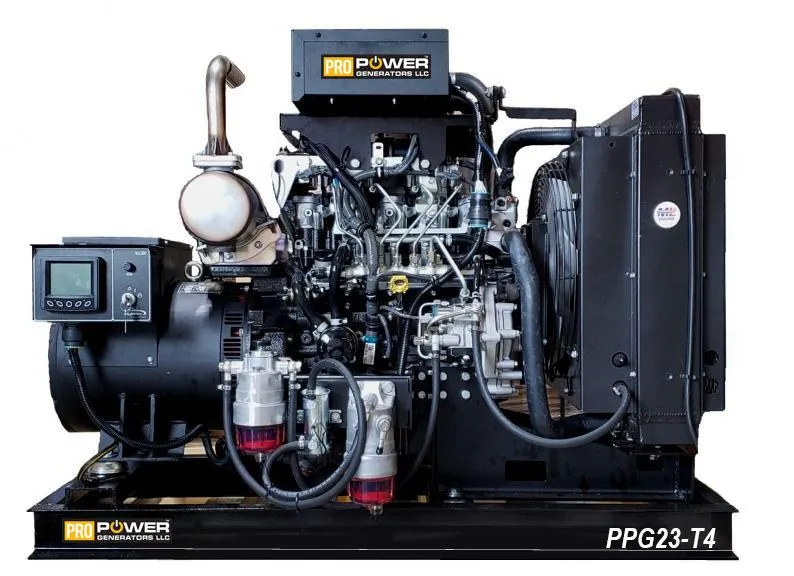
How to Determine the Right Size Generator for Your Job
How to Determine the Right Size Generator for Your Job
Preparing for a big job requires careful consideration of your power needs. When it comes to industrial power, figuring out whether you need 100kW, 200kW, 500kW, or more is not straightforward. The "size" of a generator refers to its maximum power output in watts. Here’s why it’s crucial to get the sizing right and how you can determine your specific needs.
The Importance of Proper Generator Sizing
Choosing the correct generator size is critical for both safety and efficiency. An undersized generator can lead to several issues, including:
Unexpected system failures
Damage to tools or other equipment
Increased risk of fire
Poor performance
Reduced lifespan of the generator
Using an undersized generator can not only make the job more challenging but also pose significant safety risks. Undersupplied equipment may malfunction or overheat, potentially causing fires.
Calculating Your Power Needs
Accurately assessing your power requirements is essential. Whether you’re purchasing a small generator for home use or a large one for industrial purposes, you should follow these steps:
List All Equipment: Make a comprehensive list of everything that will be powered by the generator.
Determine Wattage Requirements: Find out the required wattage for each item.
Calculate Total Power Needs: Add up the wattages to determine your total power requirements.
If you don’t have the wattage details for a specific piece of equipment, contact the manufacturer. Different models may have varying power needs, so it's crucial to get accurate information.
Why Bigger Isn’t Always Better
Finding the right balance in generator size is key. While too small a generator won’t meet your needs, an excessively large one wastes resources. It’s wise to allow some extra capacity for minor changes or expansions, but there’s no need to go overboard.
For example, if you calculate that your power requirements are around 400kW, opting for a 500kW generator provides a safety margin. However, choosing a 2000kW generator would be unnecessary unless you anticipate significant job expansion.
The main takeaway is that while having a slightly larger generator is preferable to an undersized one, excessive oversizing should be avoided.
Quality Matters as Much as Power
The reliability of a generator is as important as its power output. Factors like the quality of components, craftsmanship, and the engine brand play a significant role in performance. High-quality generators are typically built with durable materials, come with comprehensive control panels, and are backed by strong warranties from reputable manufacturers.
Final Thoughts
Choosing the right generator size depends on the specific demands of your job, the tools you'll be using, and the generator's intended use. This guide should provide a better understanding of how to determine your power needs and select the appropriate generator size.
With guidance from the experts at Pro Power Generators, you can make well-informed decisions when sizing your generator for primary and standby power.
About Pro Power Generators, LLC
Pro Power Generators, LLC was formed in 2024 through a strategic alliance of established companies in the energy and construction segments. Our manufacturing team has over three generations and 50 years of experience building generator sets for the harshest industrial, commercial and marine applications.
Pro Power Generators, LLC is committed to meeting the EPA’s environmental goals and regulations regarding the clean air act and engine emissions. PPG Tier 4 Final EPA Certified Generators are fully engineered, assembled and tested in the USA.
X X X
Contact:
Peter Cantone
[email protected]
www.propowergenllc.com
804 Main St
Baton Rouge, LA
(225) 831-7723